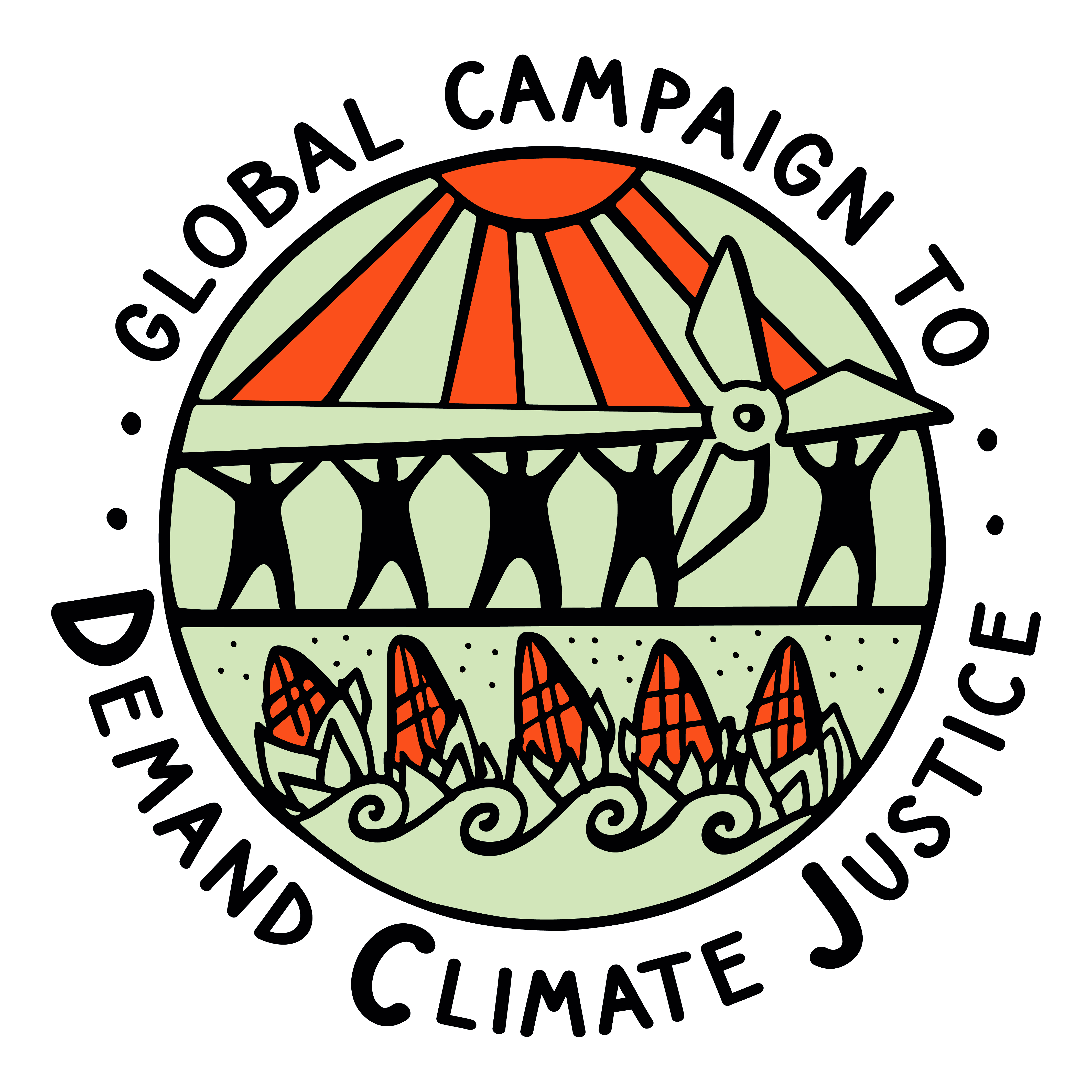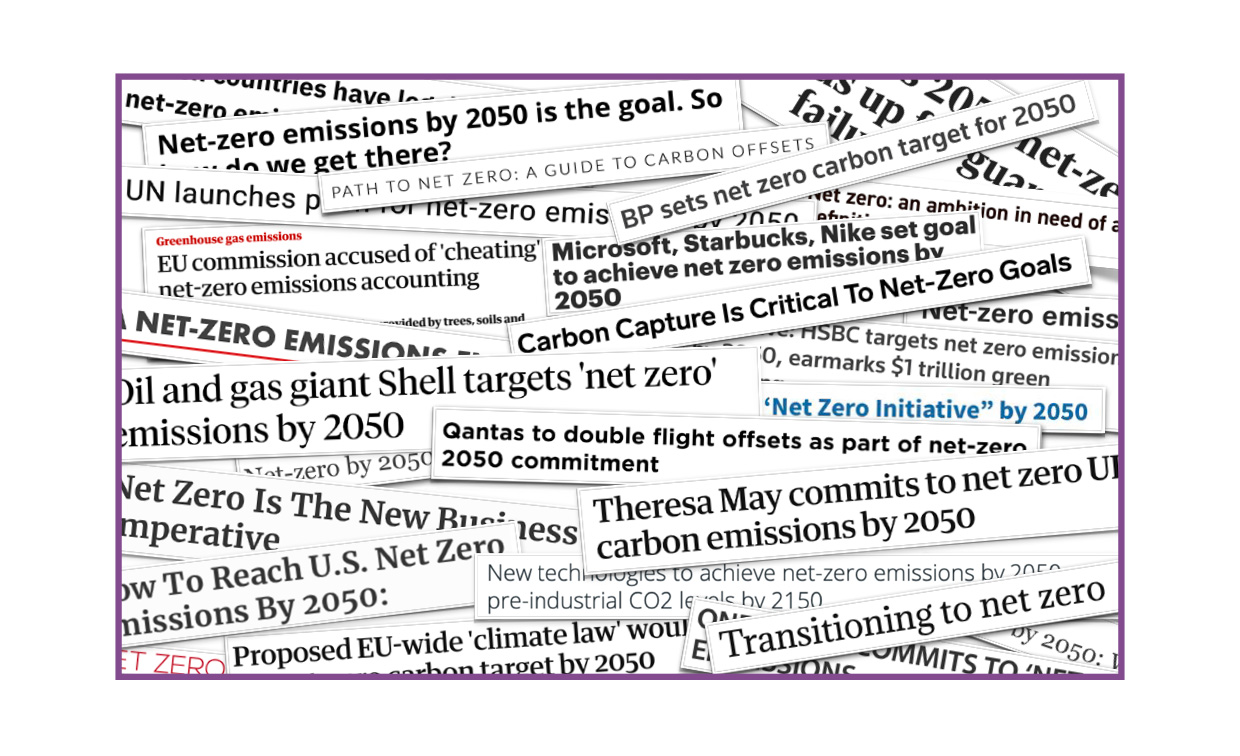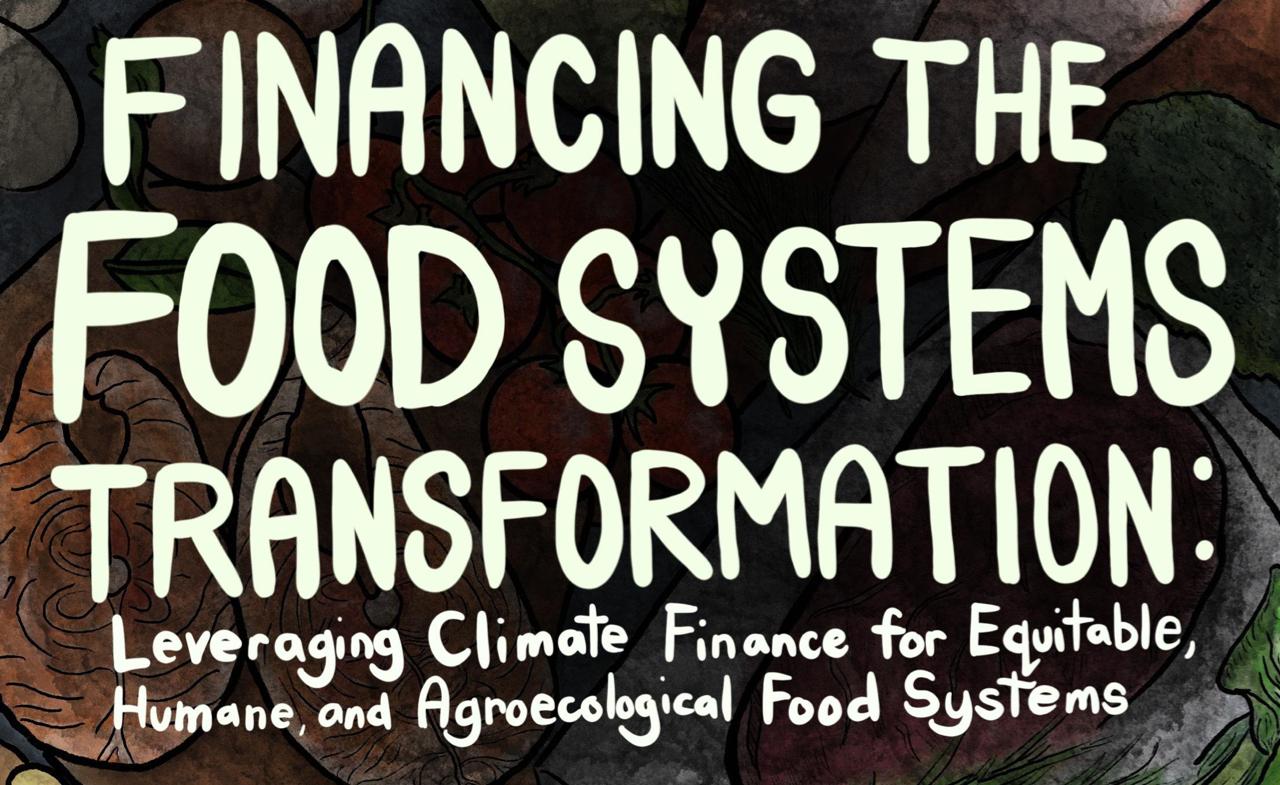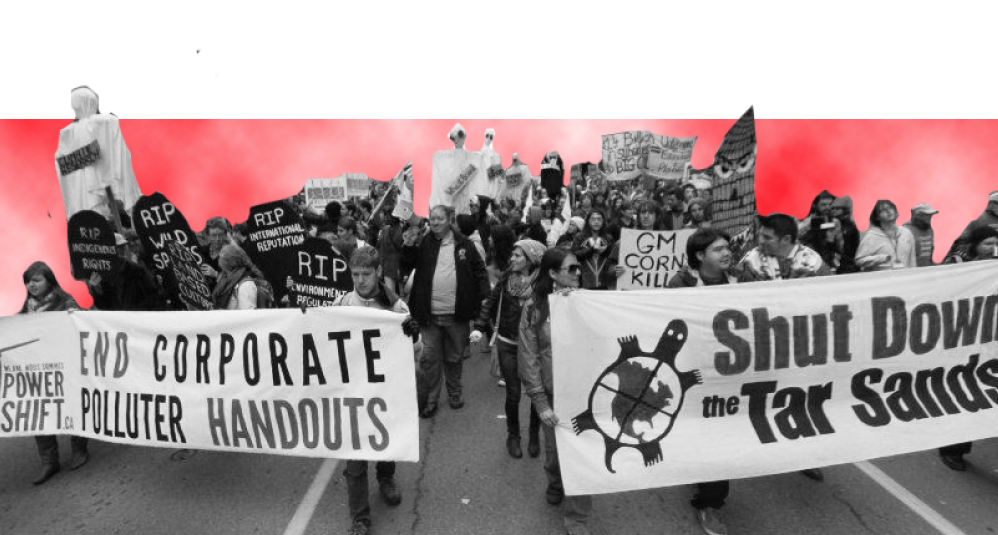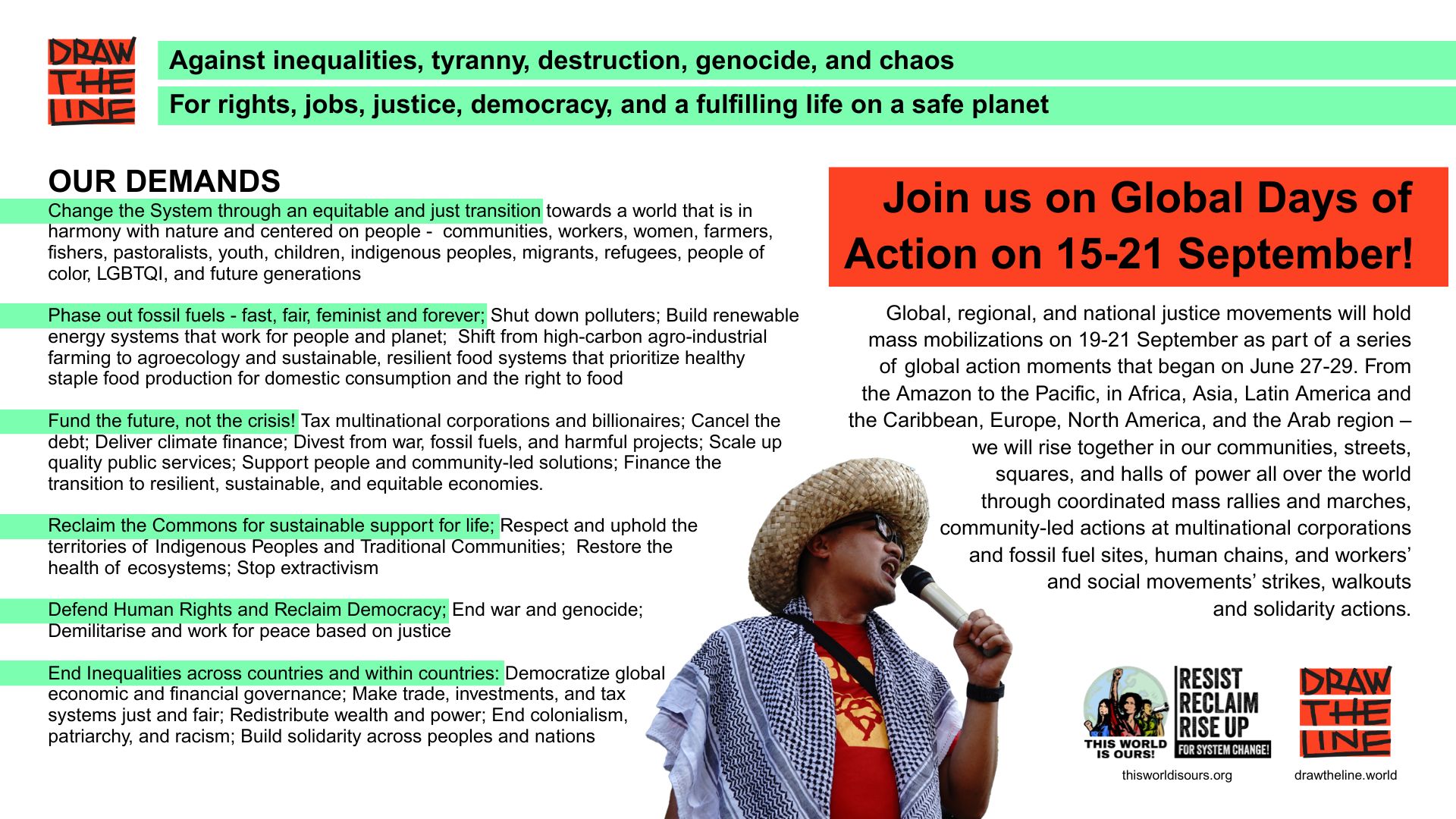Germany’s role on the Global Stage is fractured
Op-ed by Meena Raman and David Williams
First published in Africa News Analysis in English and German.
Just as the German government agrees to spending billions of Euros primarily for military spending and domestic infrastructure, it is blocking any meaningful discussions on the provision of climate finance at mid-year climate negotiations currently underway in Bonn. Instead of using its diplomatic influence to lobby for a progressive position within the EU (the negotiation bloc within which Germany is a key driving force), Germany has not shown any discernible willingness to improve the catastrophic outcome on climate finance from COP29 in Azerbaijan last year. It would appear that when money is needed for military spending and fossil fuel subsidies, then money can readily be found. However, when money is needed to fulfil obligations under international law, then money is few and far between.
This year’s negotiations in Bonn are essential to lay the foundations for a successful COP30 in Brazil later this year. A letter by the Brazilian COP presidency circulated a few weeks before the climate talks in Bonn emphasized the importance for officials to prevent “procrastination and postponement of decisions” in order to be best prepared heading in to the negotiations in Brazil. However, the talks in Bonn were fractious from the beginning, as the EU blocked a proposal by the G77 + China (a negotiating bloc representing 134 developing countries in the Global South, accounting for around 80% of the world’s population) to include climate finance from industrialized nations to developing countries on the negotiation agenda. This could have enabled a discussion on which countries specifically would provide climate finance, an aspect which was severely watered down at last year’s COP29 in Baku. While a compromise was eventually found in Bonn to add the proposal as a footnote, essentially kicking the can down the road, it caused a significant two-day delay for negotiations to begin.
The Paris Agreement (celebrating its 10-year anniversary) stipulates that industrialized countries must provide finance to developing countries for responding to climate change. In times when many countries are straddled by an ever-increasing debt burden, most do not have the financial resources to invest in transitioning away from fossil fuels. In addition, developing countries also need financial support for adapting and rebuilding after extreme weather events such as floods, heatwaves, or droughts, which are increasing in frequency and intensity with every degree of warming. Countries such as Germany are therefore committed under international law to provide finance to affected countries. This is not a matter of charity or even benevolence, as it is so often portrayed — it is a moral obligation, rooted in the reality that the countries which achieved economic growth through the heavy use of fossil fuels now bear a responsibility to support those who are suffering the consequences.
For decades, Germany’s robust economic growth and commitment to upholding international law through diplomacy have contributed to its positive reputation on the global stage. In recent years however, Germany has alienated countries from the Global South by flagrantly disregarding the core principles of international law by supporting war crimes and genocide committed against Palestinians, and preventing substantial progress on climate finance. Amid geopolitical turbulence, Germany must realign its diplomatic strategy to build strong, trust-based relationships with countries and communities in the Global South, guided by a spirit of solidarity.
About the authors:
Currently Head of Programmes at the Third World Network (TWN), which is an independent non-profit international research and advocacy organisation involved in issues relating to sustainable development, environment and climate change, developing countries and North South affairs, Meena is also a practicing public interest lawyer and an expert on climate change negotiations, a former member on the Board of the Green Climate Fund.
David Samuel Williams is a scholar on Global Transformation and Environmental Change and researcher who has worked with communities particularly affected by climate change in Durban, South Africa, and Mauritius. He is particularly interested in how climate change exacerbates inequality and works at the Rosa Luxemburg Stiftung.
Meena Raman and David Williams are both members of the Global Campaign to Demand Climate Justice (DCJ)
